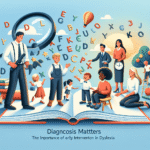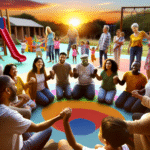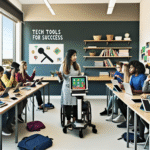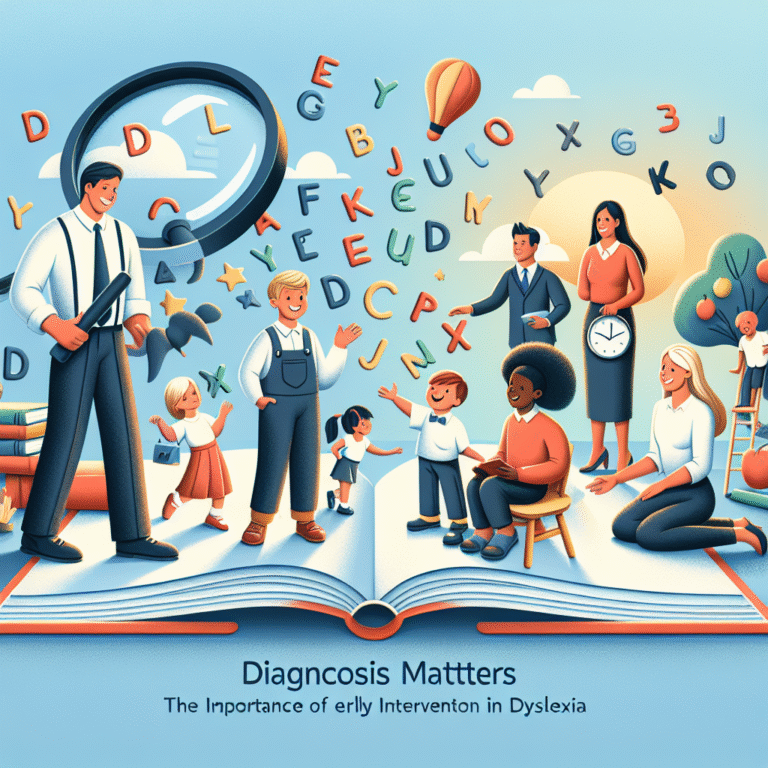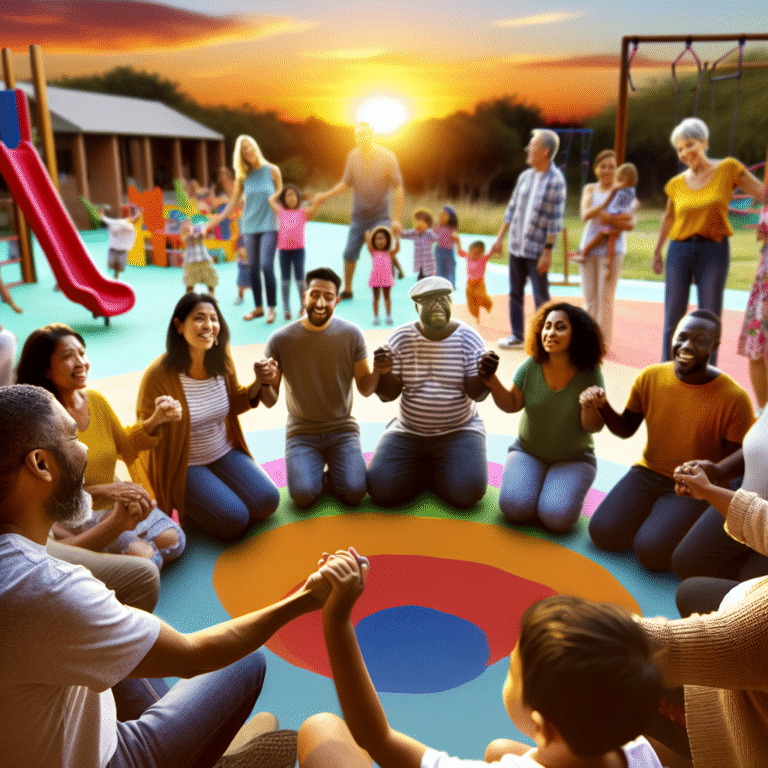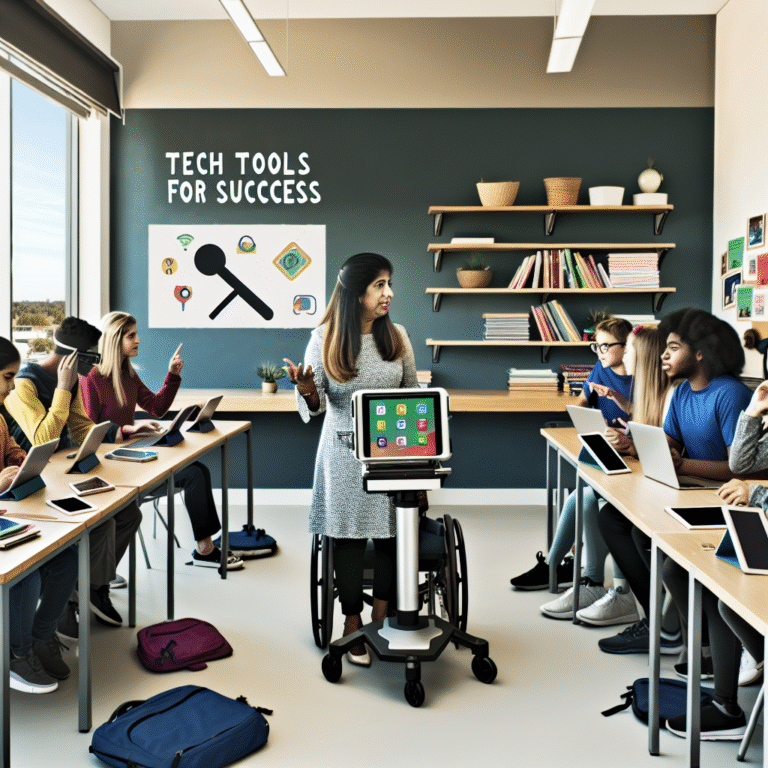
Introduction
As summer days wane and the school bells begin to ring, the question on every parent’s mind resonates: Are you ready? Signs your child is prepared for school can make this transitional period less daunting. Preparing for school is a milestone, not just for the child but for the entire family unit. Parents often find themselves wondering if their little ones meet the emotional, social, and academic benchmarks as they step into this exciting new world.
The transition to school is multifaceted, encompassing more than just knowing the alphabet or numbers. It is a crucial period where social skills, emotional maturity, and cognitive readiness intertwine. By understanding the essential signs that indicate your child is prepared for school, parents can confidently ease this transition.
The Multi-Dimensional Readiness Approach
Let’s explore the dimensions of readiness. Educational experts agree that being prepared for school includes several elements:
- Emotional Readiness
- Social Readiness
- Cognitive Readiness
- Physical Readiness
In the sections below, we shall delve deeper into these categories, illustrating key indicators and providing insightful case studies relevant to each area.
1. Emotional Readiness
Emotional readiness encompasses the child’s ability to manage feelings and cope with the new environment.
Key Indicators:
- Self-Regulation: Can your child express emotions and manage their feelings? For example, if they get upset, can they calm down independently or with minimal assistance?
- Separation Anxiety: Are they comfortable being apart from parents or caregivers?
Case Study: The Case of Angela
Angela was anxious about starting kindergarten. She often clung to her mother’s leg during playdates. Recognizing this, her mother began practicing brief separations. They started with five minutes apart, gradually increasing the duration. By the time school started, Angela was able to say goodbye with a smile. This real-world example illustrates the importance of emotional readiness and how systematic exposure can build confidence.
2. Social Readiness
Social readiness refers to how well children can engage with peers and adults in various social situations.
Key Indicators:
- Interaction with Peers: Does your child enjoy playing with others? Watch to see if they initiate playdates or join group activities.
- Understanding Social Cues: Are they able to share and take turns? Being able to navigate social situations is crucial.
Case Study: The Shared Toys Initiative
Christopher often struggled with sharing during playtime. His parents noticed he would take toys back when others tried to play. To address this, they implemented a playful strategy known as the "shared toys initiative." They praised sharing with friends during playdates, highlighting the fun that comes from cooperative play. By the end of the summer, Christopher was willingly sharing toys, illustrating noticeable social growth.
3. Cognitive Readiness
Cognitive readiness is about grasping foundational concepts and skills necessary for academic success in school.
Key Indicators:
- Interest in Learning: Does your child often ask questions or show curiosity about the world around them?
- Basic Academic Skills: Can they recognize letters, numbers, and shapes?
Case Study: The Curious Case of Leo
At 4 years old, Leo was naturally curious, asking questions about everything—nature, animals, and even the stars. His parents fostered this curiosity by engaging him in various educational activities. They read stories together, played with educational toys, and visited museums. Leo’s eagerness to learn seemed infectious and underscored the importance of a stimulating environment for cognitive readiness.
4. Physical Readiness
Physical readiness includes fine and gross motor skills necessary for daily classroom activities.
Key Indicators:
- Basic Motor Skills: Can your child hold a pencil, cut with scissors, and button up clothing?
- Physical Endurance: Are they able to sit for longer periods or participate in structured physical activities?
Case Study: The Fitness Fiesta
Sofia showed signs of developmental delays in her motor skills. Her mother enrolled her in a local art and gymnastics class designed for young children. Over time, Sofia learned to paint, draw, and even perform basic gymnastics. This improvement in her motor skills was a vital sign of her physical readiness for school, exemplifying how structured programs can boost children’s confidence and abilities.
Transitioning into School: The Role of Parents
As we’re discovering the Are You Ready? Signs Your Child is Prepared for School, it’s vital to remember that parents play a pivotal role in their children’s readiness for school. Here are some practical tips that you can implement right away:
- Stay Involved: Attend school orientations and engage with educators to ensure a smooth transition.
- Promote Independence: Encourage children to perform age-appropriate tasks independently, such as dressing and packing their backpacks.
- Foster Resilience: Help your child that it’s okay to make mistakes and learn from them.
Tools and Tables: Quick Reference Guides
Here’s a quick reference table summarizing the key indicators of school readiness:
| Readiness Dimension | Key Indicators | Suggested Activities |
|---|---|---|
| Emotional | Self-regulation, handling separation | Role-playing separations |
| Social | Interaction, sharing, taking turns | Group play sessions |
| Cognitive | Curiosity, basic academic skills | Reading, educational games |
| Physical | Motor skills, endurance | Crafting, physical activities |
Conclusion
The journey of understanding Are You Ready? Signs Your Child is Prepared for School encompasses emotional, social, cognitive, and physical readiness. By recognizing and nurturing these areas, you can equip your child with the tools they need to thrive in school. Remember, preparation is not merely checking off a list but understanding your child holistically.
Take these insights, observe your child, and make the necessary adjustments to ensure they are ready for this new adventure. With the right support, your child will not only be prepared but will also embark on this journey with excitement and enthusiasm.
FAQs
What if my child shows signs of delay in some areas?
Delays are common. Focus on strengthening those areas rather than rushing the transition.How can I promote social readiness?
Encourage playdates and group activities that foster interaction.What academic skills should my child have before school?
Basic recognition of letters, numbers, and shapes is generally recommended.Is it normal for children to experience anxiety about starting school?
Absolutely. Many children experience anxiety, and it’s important to discuss these feelings openly.- What resources can I use to assess my child’s readiness?
Educational assessments, parenting workshops, and consultations with educators can provide insightful evaluations.
Understanding whether your child is ready for school is both a responsibility and a gift. By nurturing their readiness, you set the foundation for a positive educational experience. So, are you ready? Your child’s journey is just beginning!










